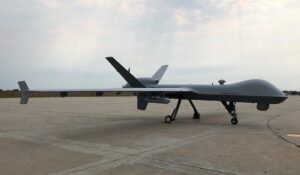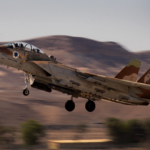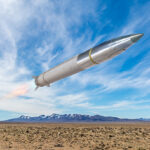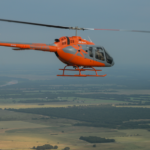
The head of U.S. Central Command (CENTCOM) told lawmakers Tuesday future operations in the Middle East will require a “bigger, better, different” capability for intelligence, surveillance and reconnaissance (ISR) than the current MQ-9 Reaper drone. Rep. Mike Turner (R-Ohio) asked Marine Corps Gen. Frank McKenzie during a House Armed Services Committee hearing to discuss the role for the current drone system in CENTCOM, noting the panel is facing pressure for “diminishing the role of MQ-9 and other deployable ISR [capabilities].”…

 By
By 











